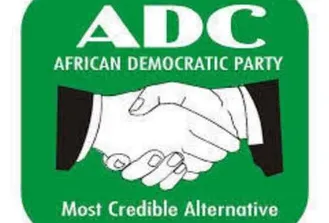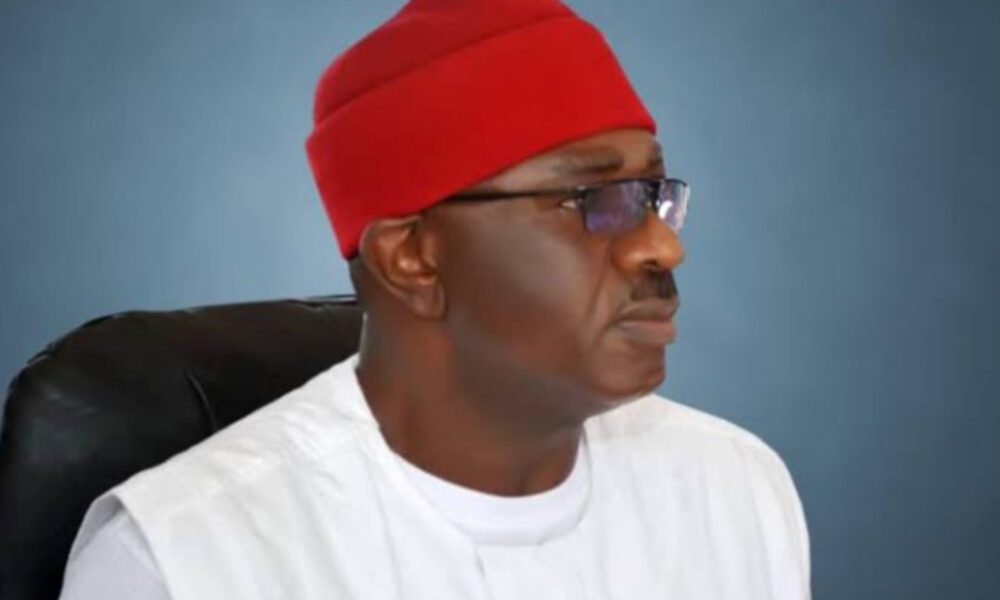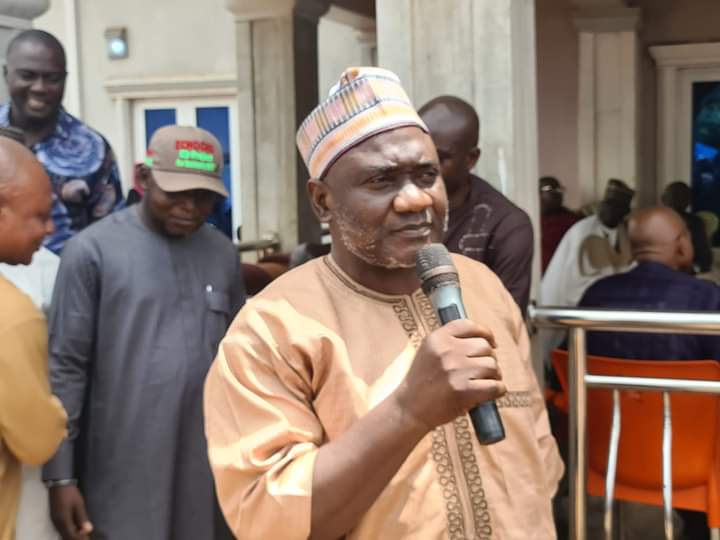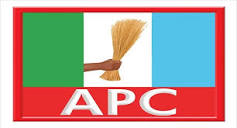The opposition African Democratic Congress (ADC) has appointed the former presidential candidate in the 2015 poll, Dr Mani Ibrahim Ahmed, as the new Board of Trustees (BOT) Chairman of the party.
The decision was arrived at during the emergency National Working Committee (NWC) and Critical Stakeholders’ Meeting, held at the party’s national secretariat on Tuesday, following the suspension of Alhaji Ibrahim Manzo, former National Vice Chairman, North-east of the party.
In a statement signed Wednesday in Abuja by the National Chairman of the party, Chief Ralphs Okey Nwosu and the National Secretary, Alhaji Said Baba Abdullahi, also suspended 17 states chairmen of the party over alleged committal of anti-party activities, conducts and utterances aimed to bring the party into disrepute.

He further accused the party stalwarts of attempting to destabilize the party through undue negative publicity, and various other activities in contravention of Article 15 of the party constitution.
The affected party chairmen comprise Kingsley Temitope Oggah (Kogi), Mr. Kennedy Odion (Edo), Alhaji Auwal Abba Barde (Gombe), Mr. Leader Sampson (Rivers), Mr. Johnny Tovie Derek (Bayelsa), Mr. Elias Adikwu (Benue).
Others include; Mr Ilesanmi Omolayo Joel (Ekiti), Mr Kabiru Hussaini (Jigawa), Mr Patrick Ambut (Kaduna), and Barr. Emmanuel Dibia (Delta) Clement Ehigiator (FCT), Alhaji Musa Hassan (Niger), Alaka Godwin William (Nassarawa) Hon. Samuel Gyang (Plateau), Mr. Bala Suffiayanu (Kebbi), Alhaji Bello Isiyaku (Sokoto) and Mallam Muhammed Khala Jidda (Borno).
Stating that their replacements in their various states will be announced in due course, he disclosed that Don Norman, former Abia state Chairman is hereby expelled from the party.
Urging all Wards, LGAs and States Executives to continue structuring the party at the grassroots for campaign take-off, the statement enjoined the party candidates not to be distracted by the rather unfortunate activities of the agents trying to distract the party, but to focus on the planning, contact and mobilization and structuring of their electioneering campaign.
The statement also invited all National Assembly (Senate and House of Representatives) candidates to the party headquarters for the collection of their certificates of return on Monday, 12th September 2022.




